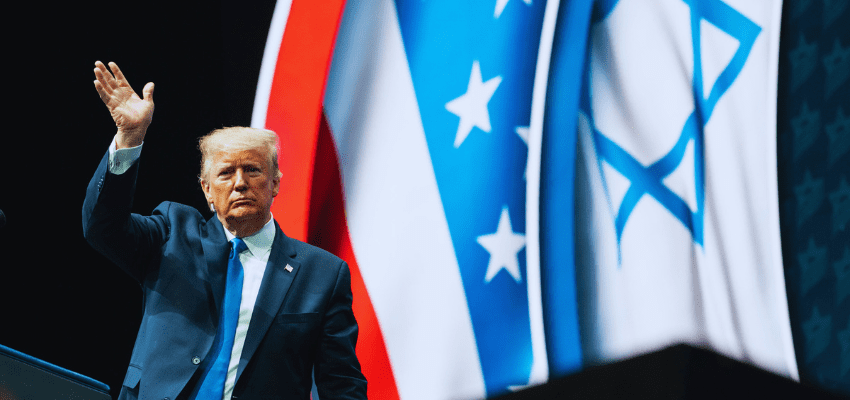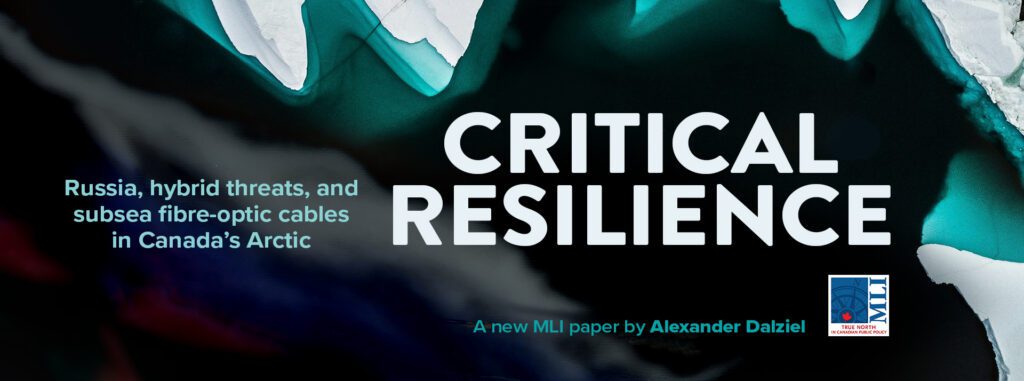This article originally appeared in Real Clear World.
By Rizwan Mohammad and Raheel Raza, December 13, 2024
Donald Trump’s astounding return to the White House has the Middle East bracing for change. In Gaza, the West Bank, and beyond, Trump 2.0 could spark a major peace and reconstruction effort backed by regional Arab allies as part of a new series of Abraham Accords.
In the year since the Hamas terror attacks on Israel on October 7, 2023, Israel has effectively rendered Hamas dysfunctional as a fighting force and governance apparatus. Its recently concluded war in Lebanon drove Hezbollah into hiding. Meanwhile, Hamas and Hezbollah’s master – the Mullah regime in Iran – appears stunned by Israel’s military successes and Trump’s seismic election victory. All the while, Saudi Arabia and other Gulf states are watching intently from the sidelines and jostling for new roles in the emerging Middle East.
A new peace and security deal between the US and the kingdom, structured by President Joe Biden’s national security team, is ready for signature and could be inserted into a new round of Abraham Accords negotiations that is expected soon after Trump takes office. The deal would ensure comprehensive security guarantees for Saudi Arabia and the Gulf underwritten by the US and is expected to include a strong component on Israel-Gulf peace and security. Trump takes pride in getting additional Gulf states to sign further rounds of Abraham Accords and his incoming administration would waste little time in sealing off something closer to peace in the Middle East.
The proposed plan also provides incentives such as a large-scale reconstruction and revival project in the areas of Gaza and possibly Syria intended to give these war-ravaged communities a fair shot at economic empowerment. Saudi Arabia, the United Arab Emirates, and other rich Gulf economies – with the possible inclusion of other Muslim states – could become partners in this project that would be a centrepiece of a new and emerging Middle East in a post-Abraham Accords era.
However, it’s unclear how this rosy-looking landscape aligns with the now-precarious aspirations for a two-state solution. Where does a politically sovereign and economically autonomous Palestinian state fits into the puzzle? For the immediate future, a two-state solution as described in UN resolutions is highly unlikely. Israeli Prime Minister Benjamin Netanyahu argues that two states – the quasi-autonomous territories of Gaza and the West Bank – effectively existed on October 7, 2023; Hamas’s terror attacks destroyed the immediate chance for peace and security between Israel and these territories.
Clearly, if the Palestinians are to have another shot at political autonomy, fresh solutions must be put forward that do not include Hamas in a leadership position. The Palestinians will need to accept Israel’s right to exist as a Jewish nation and abandon their mantra of “From the river to the sea, Palestine will be free.”
As far as Iran is concerned, it has two stark choices: either the Mullah regime sticks with its tired anti-Israel, anti-US, anti-West ideology, which in practice means holding the Middle East hostage by terrorist proxies, or the Iranian people force the regime to abandon its dreams of regional dominance and move the country towards the path of peace. Unfortunately, Iran’s theocratic totalitarian government is highly unlikely to change – its very survival relies on fostering hate for Israel and the US. So, the most realistic route to peace is regime change in Iran.
Trump recently nominated several staunch Israel supporters for key roles in his Cabinet, sending a strong signal to the entire Middle East that the status quo will not remain. And while the likelihood of a two-state solution has faded, this is not necessarily a bad thing for the region. In the words of Democrat Senator for Pennsylvania John Fetterman: “Stop freaking out about everything Trump does” sounds like the right advice to us.
Rizwan Mohammad is a senior member of the Council for Muslims Against Antisemitism.
Raheel Raza is a Munk Senior Fellow at the Macdonald-Laurier Institute and a contributor to the Center for North American Prosperity and Security.







